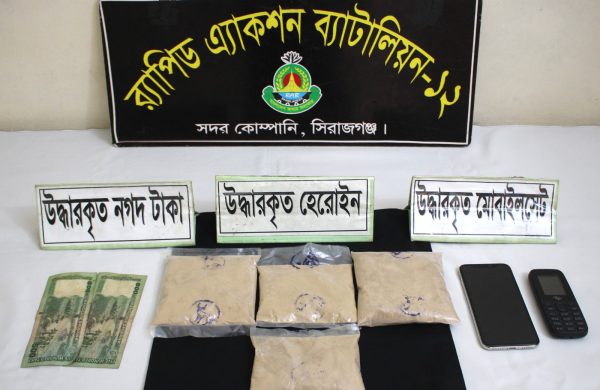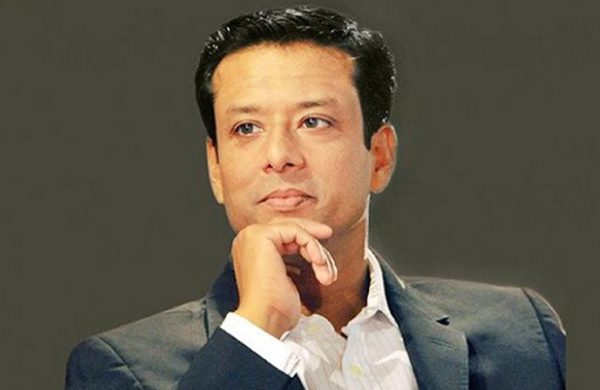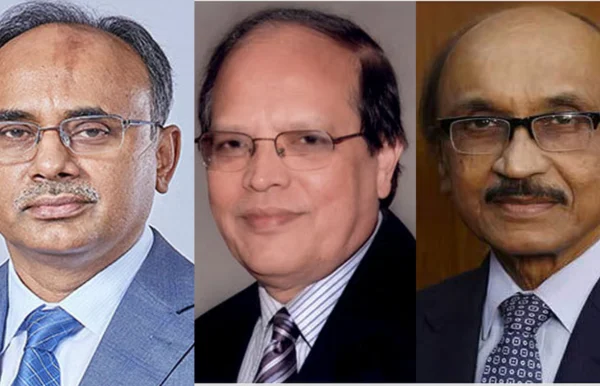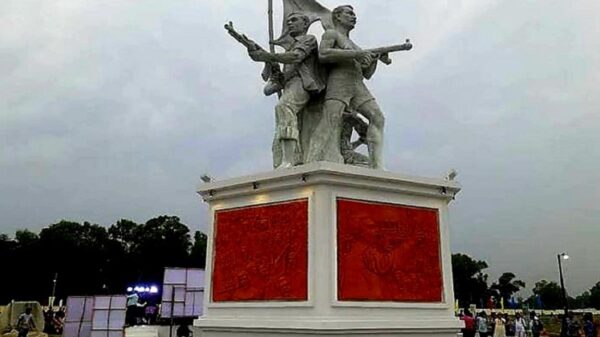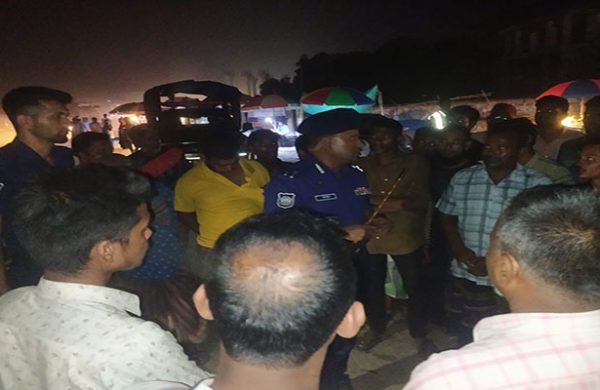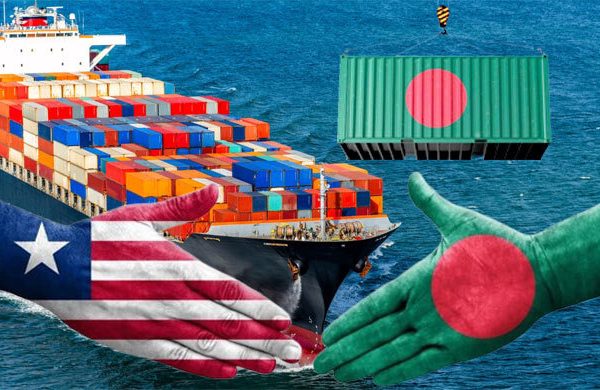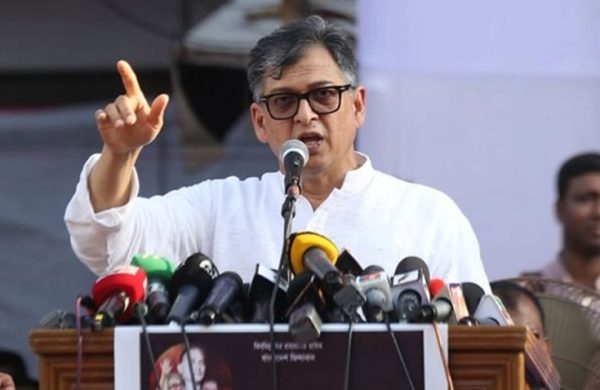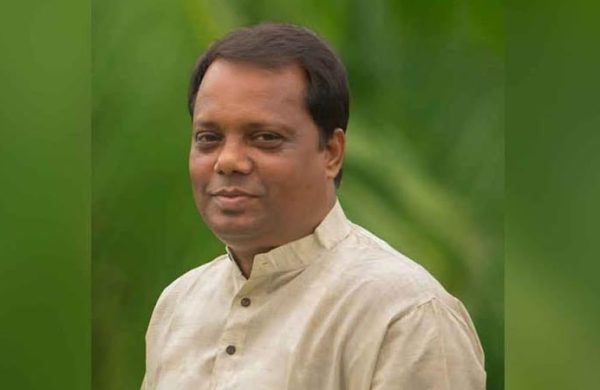How ACC nabbing corrupt cops?
- Update Time : Tuesday, June 4, 2024

Over 50 cops under ACC scanner
TDS DESK:
Additional DIG Sheikh Rafiqul Islam Shimul, who works in the Special Branch (SB) of the police, is under investigation by the Anti-Corruption Commission (ACC) for amassing a staggering fortune through illegal means.
Azam Ali Khan from Gopalganj accused the SB officer of acquiring huge sums of illegal wealth, including his luxurious duplex in Gopalganj, a multi-storey house in Dhaka’s Farmgate, and a lavish 6,000-square-foot floor in Gulshan worth Tk15 crore. In a complaint submitted to the ACC on August 7, 2023, he provided deed numbers, marks, and photos of various properties owned by Shimul.
After verifying the complaint, the ACC decided to investigate his assets. Additionally, Shimul has been accused of using a fake freedom fighter certificate to secure his job.
Shimul’s case is not an isolated instance of corruption within the ranks of the law enforcement agencies.
Former IGP Benazir Ahmed is now the talk of the country due to allegations of corruption and significant accumulation of wealth.
Now, the anti-corruption watchdog has been on the hunt to bring to justice individuals who are responsible for people’s safety.
Long list:
The ACC’s investigation list includes officials of various ranks, such as DIG, additional DIG, SP, additional SP, ASP, inspector, SI, ASI, and constable.
Allegations against them include abusing power, accepting bribes, abetting terrorists, and acquiring illegal wealth.
On May 20, a case was filed against Mehedi Hasan, a police constable working in the office of the Superintendent of Police, Natore, at the Rajshahi Integrated District Office of the ACC.
Mehedi Hasan allegedly falsified documents to show a loan of Tk18 lakh to legitimize his illegal wealth. The ACC discovered that all the documents were fake, and Hasan was accused of acquiring illegal wealth worth Tk62 lakh.
ACC sources said cases are being filed against many officials after thorough investigations. Some chargesheets have already been submitted to the court. Allegations against policemen include misuse of power, bribery, corruption, and accumulating wealth beyond known income sources.
Additional Superintendent of Police Uttam Kumar Biswas has been banned from leaving the country by court order, pending an investigation into his disproportionate wealth acquired through irregularities and corruption. The court issued this order on May 30, following a request from ACC investigator Ruhul Haque.
Other notable figures under investigation include former additional IGP Sheikh Hemayet Hossain, Barisal Metropolitan Police Deputy Commissioner Ali Ashraf Bhuiyan, Deputy Police Commissioner Hamidul Alam, Superintendent of Police ABM Masud, Superintendent of Police Md Anisur Rahman, Additional Superintendent of Police Kutub Uddin, and several others.
Slow progress:
Even though the ACC is launching several investigations into policemen, many of the investigations have been progressing slowly for various reasons.
On June 21, 2023, the lower court sentenced DIG (dismissed) Mizanur Rahman to 14 years in prison for acquiring wealth of Tk3.28 crore beyond his known income. The High Court upheld this sentence on February 28, 2024, dismissing Mizanur’s appeal.
The case was filed on June 24, 2019, and it took almost five years to reach a verdict.
The situation is similar for Additional DIG Shimul, where the ACC requested information about the official from the IGP. Although the information was requested within ten working days, it is unclear if the ACC has received a response.
ACC Deputy Director Nurul Huda declined to comment on the letter sent to the Police Headquarters. However, he said: “Since information has been requested, it will be available to them.”
What do experts say?
Human rights expert and development activist Faruq Faisel, executive director of Ain O Salish Kendra, said that the image of the police force has been tarnished due to corruption.
He said: “The exposure of corruption among officials, including Benazir Ahmed, demonstrates that no one dared to speak out when they were in power. Corruption is enabled by proximity to power and access to money, often with government complicity. This erodes the essential trust people must have in all institutions. It is the responsibility of those in power to restore that trust.”
When asked to comment on the government’s actions against these officials, Faruq Faisel said: “If we act solely due to external pressure, it will raise concerns about the country’s sovereignty.” Source: TD



